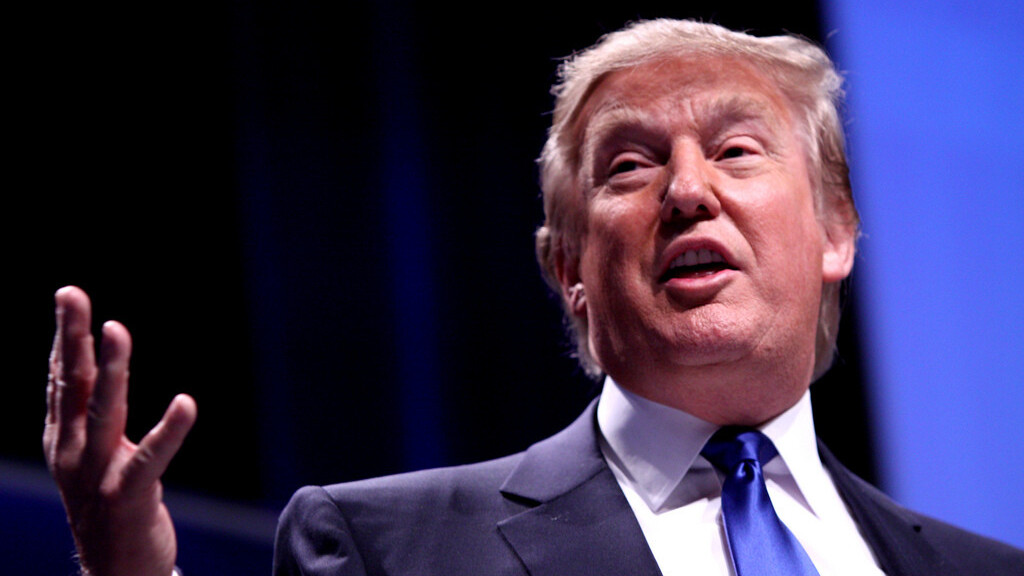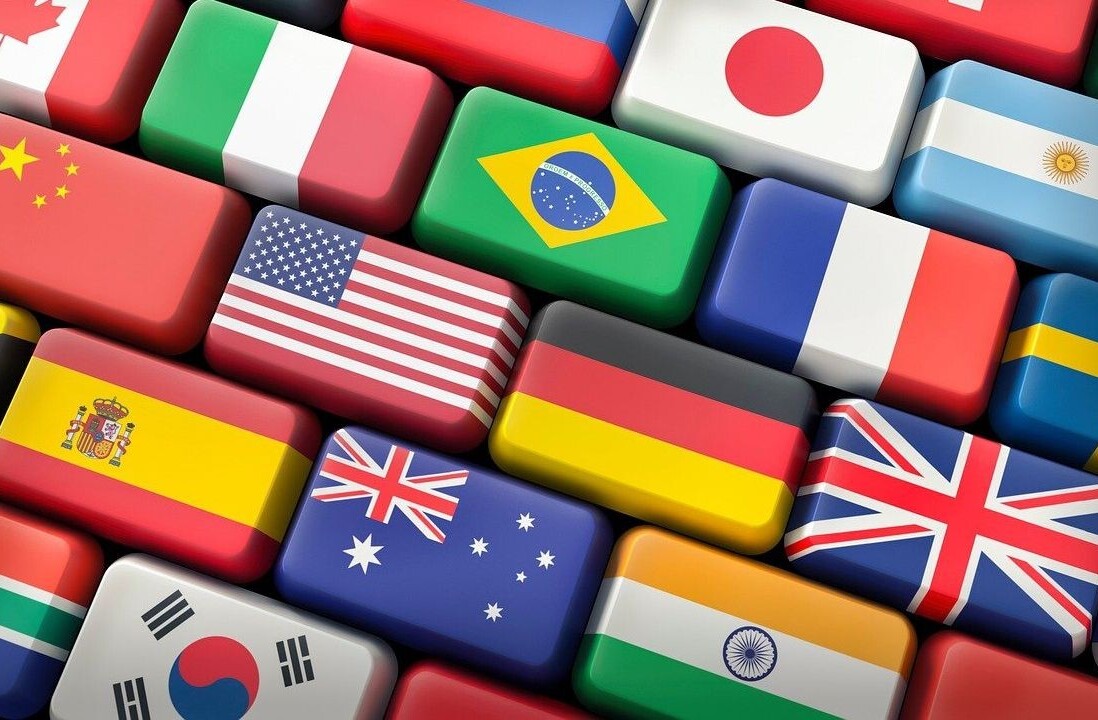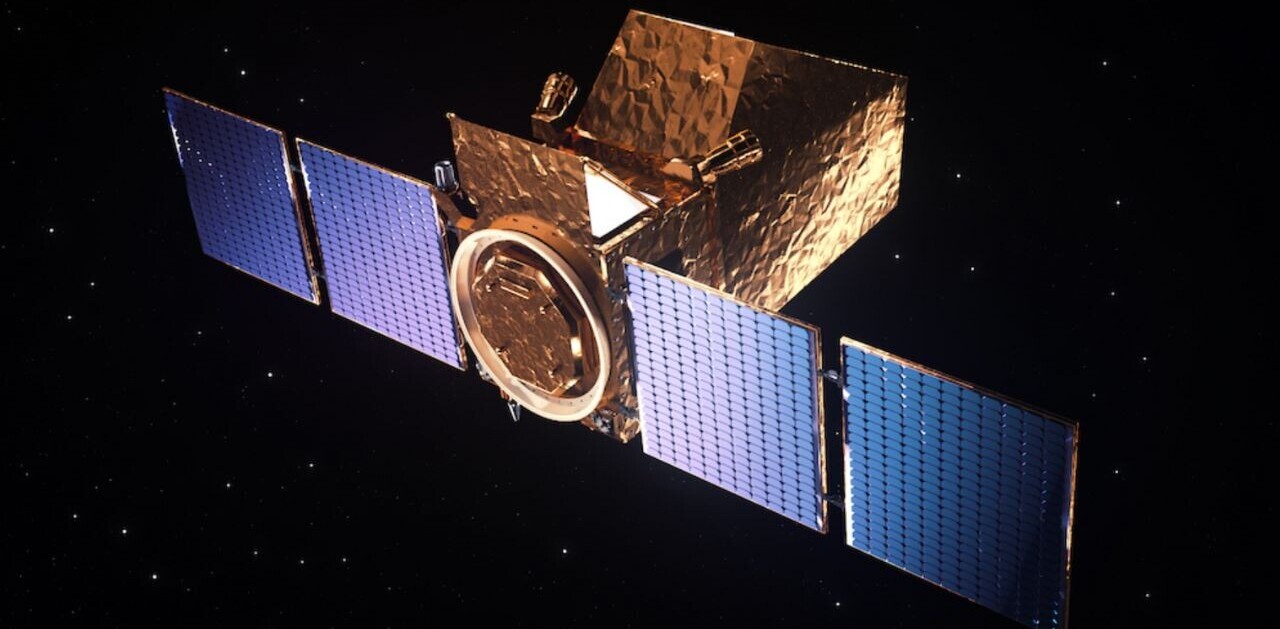Today, Donald Trump will be inaugurated as the 45th President of the United States. As the most powerful man in the world, he’ll be in a position to shape technology policy.
The decisions Trump and his administration make over the next four years will determine whether America remains a leader in innovation and beyond; but what does this mean in practice?
Immigration
A cornerstone of Donald Trump’s campaign was immigration. It is this area in which Silicon Valley is most at odds with the President.
During the leadership of Barack Obama, Facebook lobbied heavily in favor of immigration reform with the aim of vastly increasing the number of foreign developers, designers, and engineers allowed into the country.
The positions of Donald Trump need no introduction; he wants to build a wall on the Mexican border, and his campaign website expresses a desire to return levels of immigration to “historic norms.”
Given the talent-hungry nature of most tech companies, you can understand why Silicon Valley is anxious. But is there any room for optimism?
Perhaps. One of the main mechanisms for American companies to import foreign talent is through the H-1B visa system. This three-year visa allows companies like IBM, Amazon, Apple, and Microsoft to recruit from a global pool of skilled workers, thereby remaining competitive.
The total number of H-1B visas is limited to just 85,000 per calendar year, with 20,000 reserved for those with masters degrees. Visas are allocated through a lottery system, which essentially means the only determining factors of whether someone gets into the United states are whether they meet the entry criteria, and if they’re lucky enough to have their number called. One of the biggest problems with this system is that it’s easily (and often) abused.
Large outsourcing companies – like Tata Consultancy Services, Infosys, Tech Mahindra and Wipro – flood the H-1B system with applications, so that it’s statistically more likely that one of their applicants would be chosen. So much so that in 2014, nearly one third of all H-1B visa applications went to Indian outsourcing companies.
The chosen applicant will then move temporarily to the US (the H-1B visa is only for short-term employment, but in certain circumstances can potentially lead to a green card), and replace a local technology worker. When Disney did this, the fired employees actually had to train their replacements. Eventually, the foreign worker will return back to their country of origin, where they’ll continue to do the job they did in the United States.
This is disastrous to the American technology worker. But it’s also bad for American startups and technology companies, who are inched out of this visa pool.
As with many issues, Donald Trump’s position on this has wavered significantly. At one point, he promised to end the H-1B visa entirely, with no exceptions. Other times, he’s suggested a more moderate position, advocating reforms that would continue to allow American companies to import foreign skilled workers.
Reform of the H-1B visa is long overdue. And if Donald Trump can end the abuse of it, while preserving the ability of Silicon Valley to recruit overseas, that can only be a good thing.
But if Trump takes a hard line on immigration as many have feared, and discontinues the H-1B visa without a replacement, it could prove disastrous for the competitiveness of American technology companies.
Automation
One of the biggest challenges of Donald Trump’s presidency is going to be the automation of traditionally blue-collar jobs. It’s been argued that the failure of working class communities to see any kind of growth or recovery after the Global Financial Crisis is partly to blame for traditionally safe Democratic states (Philadelphia, Wisconsin, and Michigan) swinging pendulously to the Republicans in 2016.
But any economic malaise they’re experiencing now will only be amplified by automation.
Statistics from the Census Bureau show that truck driving is the most common profession in 29 states. NPR argues this is because the jobs has been, so far, immune to the two forces causing damage to the American economy: globalization and automation. “A worker in China can’t drive a truck in Ohio, and machines can’t drive cars (yet),” the article says.

But that’s about to change. Driverless cars are a thing, and over the next few years they’re going to move from being an experiment, or a novelty for the 1 percent, to something that ordinary people use on a daily basis.
Already, there are production Tesla cars with a rudimentary form of the technology built in. In Pittsburgh, Uber is testing driverless taxis. Last year, Anheuser-Busch delivered a truckload of Budweiser without a human touching the pedals. The technology has been trialled successfully in Europe. And the CEO of Lyft makes a compelling case that self-driving cars will be the norm in just five years.
Automation is going to be the biggest domestic economic challenge of Donald Trump’s first term. Not just for trucks, but for many blue-collar and entry-level jobs; from retail to manufacturing. It’s going to require novel and unorthodox thinking. The old status-quo just won’t work.
Cybersecurity
While in interviews Trump has struggled to give coherent answers on cybersecurity issues, and his pick for ‘cyber tsar’ is somewhat questionable, his policy positions when it comes to digital security are pretty reasonable.
According to his campaign website, he intends to order an “immediate review of all U.S. cyber defenses and vulnerabilities”, create Joint Task Forces to coordinate responses to cyber threats, and develop the digital defensive and offensive capabilities of the United States needed to deter threats by “both state and non-state actors”.
Reading between the lines, you can reasonably expect the Federal Government to radically expand spending on online security. The U.S. government’s cybersecurity budget for 2017 is already a record $19 billion. Given Trump’s pledge to “Buy American and hire American”, this is great news for infosec companies based in the States, who look set to benefit from a more proactive approach when it comes to digital security from state and federal government.
Trade policy
When it comes to trade, Donald Trump has tread an incredibly hawkish path. He has stated that he intends to renegotiate or withdraw the United States from specific treaties, impose onerous tariffs on Chinese-made goods, and force US companies to bring manufacturing jobs onshore.
All of this is with the laudable aim to restore the decimated American manufacturing base. But it’s not unreasonable to question Trump’s methods, and the possible impact of some of his proposals.
In response to Trump’s rhetoric, Chinese officials have openly mulled imposing restrictions on iPhones and US made cars, as well as agricultural products. Given the importance of the Chinese market to Apple (as well as other major technology companies, like Cisco and Dell), this could be seriously damaging.
Who really knows what’s going to happen?
It’s going to take a while to see where Trump’s intent truly lies on a number of key issues. Moreover, it’ll be interesting to see what compromises he has to make, in order to get his laws signed off by the Democratic and anti-Trump Republican elements of Congress and the Senate.
But there are a myriad of issues I didn’t touch on in this piece, including public funding for scientific research, and the potential for a brain drain as technology and science workers flee to more progressive climes.
Trump’s victory has shrouded the future in doubt, and put a big question mark on pretty much everything. For a lot of people, particularly in the tech industry, that’s really scary.
Get the TNW newsletter
Get the most important tech news in your inbox each week.





